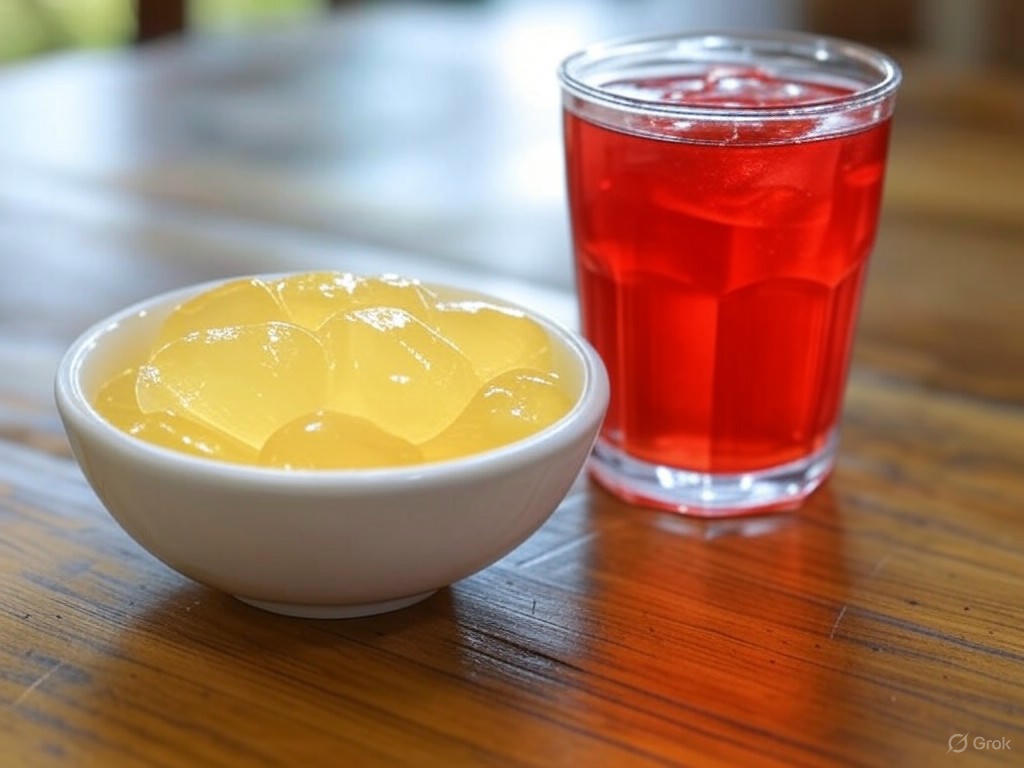Kraft Heinz Shifts Gears: Natural Colors to Replace Artificial Dyes in Iconic Products
In a bold move that signals a seismic shift in the food industry, Kraft Heinz has announced plans to eliminate artificial food dyes from its popular products like Kool-Aid and Jell-O by 2027. This decision comes as consumer demand for cleaner, more natural ingredients continues to surge, alongside mounting pressure from influential voices advocating for healthier food options. The company aims to replace synthetic colorings with natural alternatives or adopt other innovative methods to maintain the vibrant appeal of their products without compromising on safety or quality.
The push for this transformation isn’t just a response to market trends; it reflects a broader cultural awakening about the potential risks associated with artificial additives. Critics, including prominent figures like Robert F. Kennedy Jr., have long argued that synthetic dyes may pose health risks, particularly for children who are frequent consumers of brightly colored snacks and drinks. Studies linking these dyes to behavioral issues and other concerns have fueled public outcry, prompting major food brands to rethink their formulations. Kraft Heinz’s commitment marks a significant step forward, as it acknowledges these concerns and positions the company as a leader in adapting to evolving consumer expectations.
This transition, however, is not without its challenges. Developing natural colorants that can replicate the vivid hues of artificial dyes while maintaining shelf stability and affordability is a complex task. Natural pigments, often derived from fruits, vegetables, and spices, can be less consistent in color and more prone to fading over time. Additionally, the cost of sourcing or producing these alternatives may initially drive up production expenses, a burden that could trickle down to consumers. Yet, Kraft Heinz appears determined to navigate these hurdles, viewing the shift as an investment in long-term brand loyalty and trust. By prioritizing transparency and health-conscious innovation, the company hopes to set a precedent for other food giants to follow.
Beyond the technical aspects, this decision also underscores the growing power of consumer advocacy in shaping corporate policies. Social media campaigns and public petitions have amplified calls for safer food practices, making it clear that customers are no longer willing to settle for questionable ingredients. Kraft Heinz’s pivot could inspire a ripple effect across the industry, encouraging competitors to reassess their own reliance on artificial additives. As more companies jump on the natural bandwagon, the landscape of processed foods may undergo a much-needed transformation, prioritizing wellness over mere aesthetics.
As 2027 approaches, all eyes will be on Kraft Heinz to see how effectively it can balance innovation with tradition in its iconic offerings. This move is more than just a change in recipe; it’s a statement about the future of food—one where health and sustainability take center stage. For now, fans of Kool-Aid and Jell-O can look forward to enjoying their favorite treats with a little more peace of mind, knowing that brighter, safer days are on the horizon.


